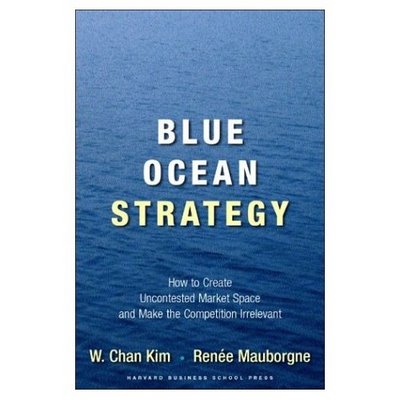You know when you’re part of the the technorati when: you’ve had your comments login for Valleywag before they threw the door open to the proletariat. Valleywag is the gossip site du jour for the tech sector, following on from the PC era Notes From The Field that featured in InfoWorld.
Whilst everyone at Fortune magazine gets excited that a candid interview with Bill Watkins of Seagate Technology has an admission that consumers use their ever larger hard drive to hold more porn; they manage to gloss over the real telling comments that offer more than a brace of Valleywag articles.
The M&A boom: The Valley is no longer “about building a company and a culture. It’s about making money for the top guys. If you look back to Intel (Charts) and Fairchild, they set out to build a company that would become massively large. Google (Charts) was another good example. They waited a long time. They wanted to build a big company. People don’t think like that now.” That includes, Watkins continues, YouTube. “YouTube is like eBay. The founders didn’t know what they were doing. The consumers just took hold of it.”
The private equity boom: Seagate went private in 2000 – in a $2 billion buyout led by Silver Lake Partners – only to go public again in 2002, giving Watkins insight into the current privatization wave. “It’s all about investors getting short-sighted. They’ve lost their patience. There’s nothing these private equity firms do that Fidelity couldn’t do. If you’re Fidelity, and you own $40 million of my business, and you want a meeting to discuss how my business could be run more efficiently, I’ll take the meeting. I’ll listen. But that’s not the way things work. When you go private, the only thing you think about is going public again.”
Silicon Valley is running a risk in losing the key thing that separates it from Bangalore, Cambridge Mass. and Epsoo Finland. The culture. This is what makes engineers work days and nights to code great products and attracts some of the brightest people from around the world.
The short-termism that Watkins goes on about shows how the Valley is no longer seen as separate to mainstream corporate America; but you can’t run a technology company in the same way as a biscuit company.
On the way back from Liverpool I managed to read Irresistible! Markets, Models and Meta-Value in Consumer Electronics by Bailey and Wenzek. Given that the book was published by IBM and the authors are business consultants for IBM it was no accident that the future of consumer electronics is powered by cell processors and embedded Linux.
What is interesting is the way Bailey and Wenzek see a blurring of the line between a product and the adjunct services like the iPod and iTunes. They also predict an electronics industry with only 25 per cent of the players that are currently in the marketplace and highlight the needs for localised products for local consumers. More book reviews here.


